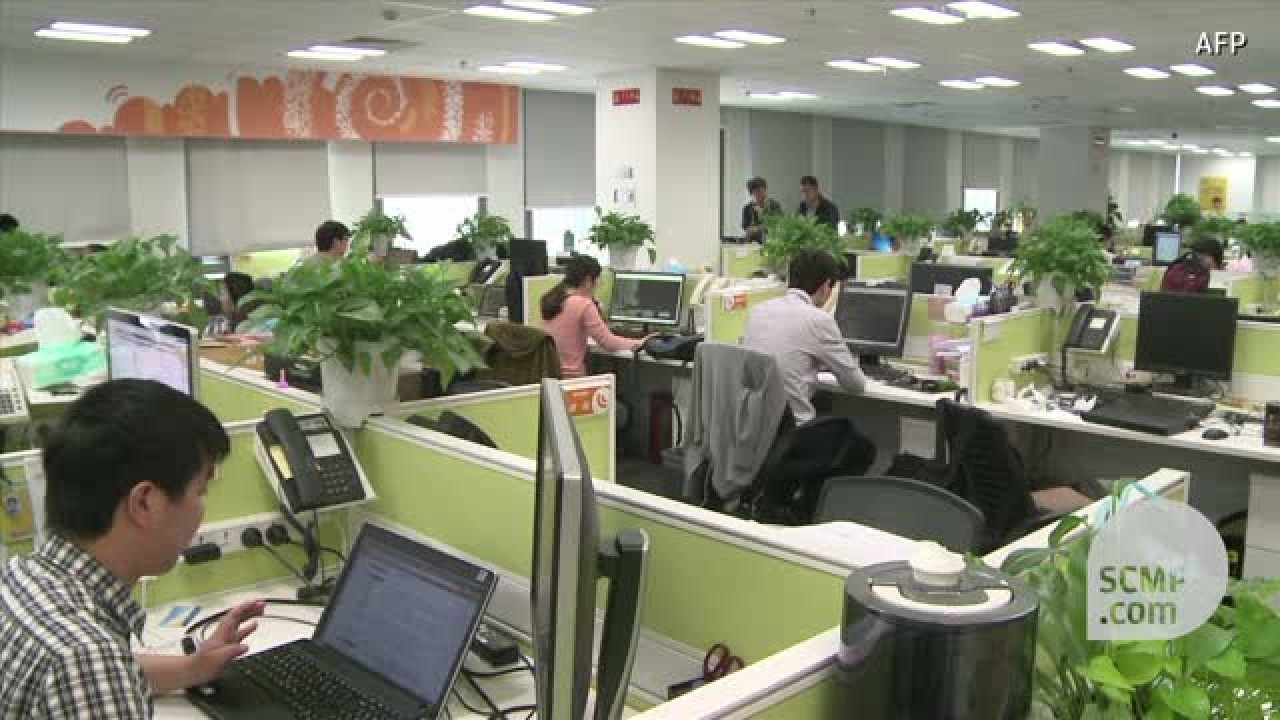
Sina Weibo sacks censor over online attack on bereaved user
- Ji Haoyang falsely accused a woman of lying online about her mother’s death to gain traffic
- His actions triggered a backlash and he lost his job
The decision followed a public backlash over Ji’s claims that an internet user “Tomo Jiangjiang” posted fake news about her mother’s death and had an adverse impact on the country.
She expressed her sadness over the loss and thanked people who had offered advice on treatment.

01:03
A look inside Weibo’s office in Beijing
But on Thursday, Ji accused her of lying to gain internet traffic and banned her Weibo account, saying the police had detained her and found her mother was alive and well.
Tomo Jiangjiang created a new account on Thursday night to post certificates of her mother’s death and cremation to support her case but Ji defended himself.
“The law will not allow you to slander the country with an easy excuse. You know clearly in your mind whether there is a problem with the vaccine,” he posted early on Friday.
Ji’s accusations come as the Delta variant of the coronavirus piles pressure on China’s zero-case policy of preventing the spread of the disease.
China targets fake news and citizen journalists with new campaign from internet watchdog
But his actions prompted a backlash online, with other users accusing him of trying to meet job quotas.
Sina Weibo said supervisors such as Ji were not authorised to ban accounts and were only able to file complaints against vulgar, pornographic and illegal content.
In September 2017, the company announced it would enlist 1,000 “supervisors” from among its users to censor content.
Each supervisor would have a special identity label on the platform and a 200 yuan basic monthly payment that rises with targets.
The best performers would be rewarded with smartphones and other prizes.
Three months later, it said it had recruited 776 people for the jobs, or about 4 per cent of those considered.
The platform said that in July it deleted more than 7.7 million posts suspected of being pornographic and illegal, of which more than 3.74 million were due to complaints from supervisors.

